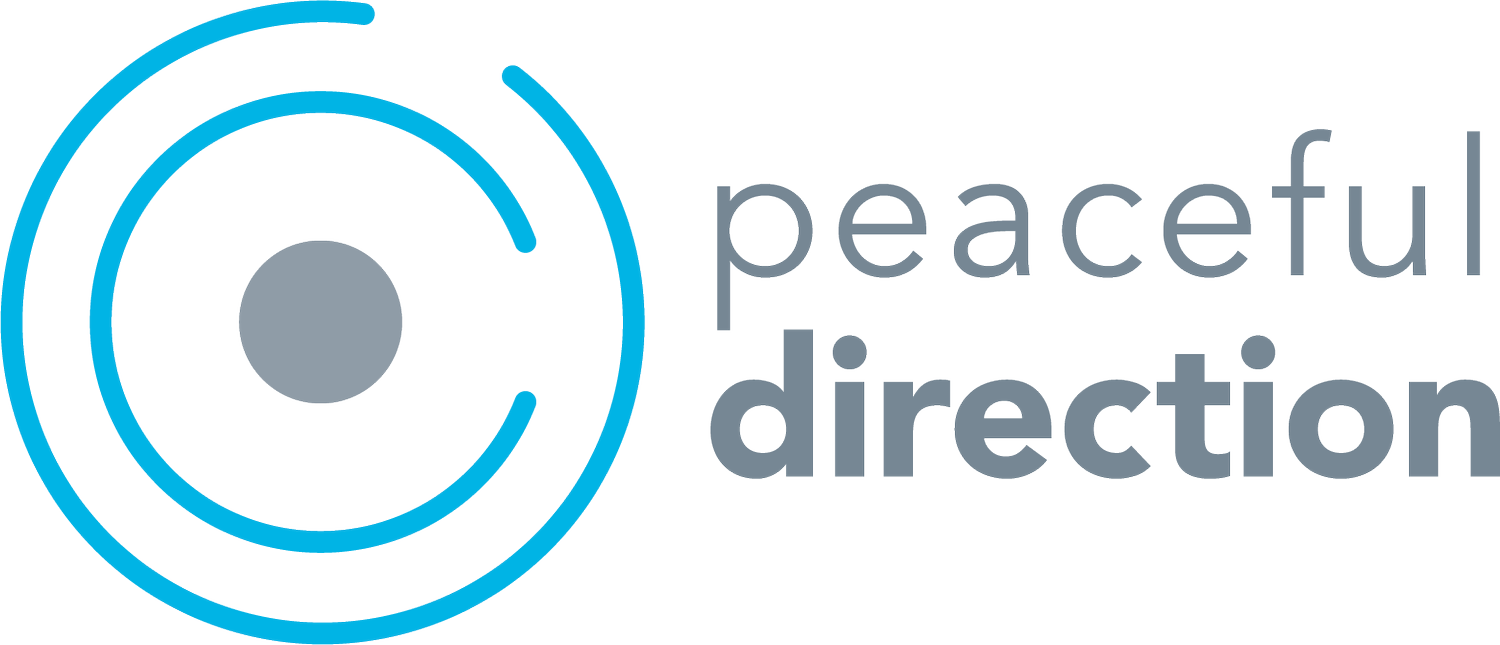When debate prep is over
We are in the midst of a presidential election year, and I love me a presidential debate.
I know one’s ability to perform in a debate doesn’t strongly predict one’s ability to govern. I know debates are performative, and the introvert in me winces when a lesser-known candidate in a crowded primary must grasp for microphone time. But I look at it like the Olympics of the political arena: those who survive a brutal process and make it to the very top must display their skills for an audience of millions.
From memoirs and history books, I know that the process of preparing a candidate for a debate is a big project involving many, many people. There are briefing books, mock run-throughs, video critiques and the like. And I like to imagine that a lot of the candidate’s potential for success comes from a single, pivotal moment in the process.
The moment of “enough.”
There has to be a moment when the candidate’s brain is full enough of facts and figures. When they’ve had enough jousting with the person impersonating their opponent. When they’ve watched themselves on camera and critiqued their own performance enough. They need a breath, they need some rest, maybe some time to themselves.
I’m imagining that the moment arrives differently depending on the style of the candidate. Is it someone who continued cramming facts and figures on the walk over to an exam in college, or someone who stopped studying the night before and got a good sleep beforehand? Does the person believe there is such a thing as over-preparation? Woe be to the candidate who waves the advisers away and insists they can perform without any help.
But at some point, whether it’s a day earlier or right before the awkward handshake on stage, the prep must end.
And this isn’t an idea reserved for those who are seeking the highest office in the land.
The “enough” moment happens for every leader before every pivotal meeting. It could be a job interview, a presentation before the board, a pitch for a key investor. My gentle encouragement here is to not let the moment pass you by, by rushing from one meeting into the next.
Instead, pause.
Remember that you’ve read and seen and heard enough. That you are enough.
Coaching prompts:
When preparing for a critical meeting, what would you do with a bit of time and space to yourself before the meeting begins?
How do you recognize that you’ve reached a saturation point, and cannot absorb any more information on a topic or set of topics?
